Workshop Speakers
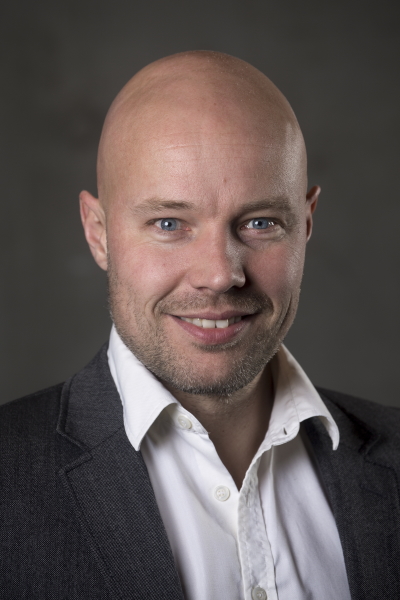
Andreas Holtermann
National Research Centre for the Working Environment, Copenhagen
Andreas Holtermann has a master and PhD in Human Movement Science from NTNU, Trondheim, Norway. Since 2008, he has been holding positions as Post-doc, Senior researcher, and Professor at the National Research Centre for the Working Environment, Copenhagen, Denmark. Andreas has published more than 250 papers in international peer reviewed journals, supervised 15 PhD theses, and given numerous invited lectures at international conferences and seminars. His main field of research is on occupational physical activity and health, and preventive interventions at the workplace. Andreas has been a principal investigator on several workplace intervention studies for promoting health and well-being among several occupational groups. He has introduced the “Physical health paradox” on the contrasting effects of physical activity during work and leisure on various health outcomes. Andreas has developed and applied technical diurnal measurement systems for posture, body movements and physical activity during work, leisure and sleep in several cohorts and intervention studies. Recently, he has worked on “the Goldilocks principle” of how work can be designed in different jobs to be “just right” (not too much or too less of physical activity and sedentary time) for directly promoting well-being, health, fitness and employability.
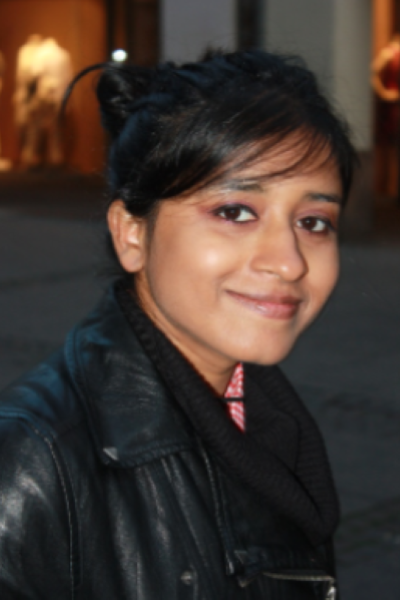
Nidhi Gupta
National Research Centre for the Working Environment, Copenhagen
Nidhi Gupta is a senior researcher at the National Researcher center for the working environment Copenhagen Denmark. She completed her PhD in 2013 in the area of Sports Science from the National Institute of Education, Nanyang Technological University, Singapore. Her primary research interest is to understand the association between physical behaviors within 24 hours and musculoskeletal disorders, obesity, and sickness absence, using innovative analytical techniques such as compositional data analyses, latent modelling.
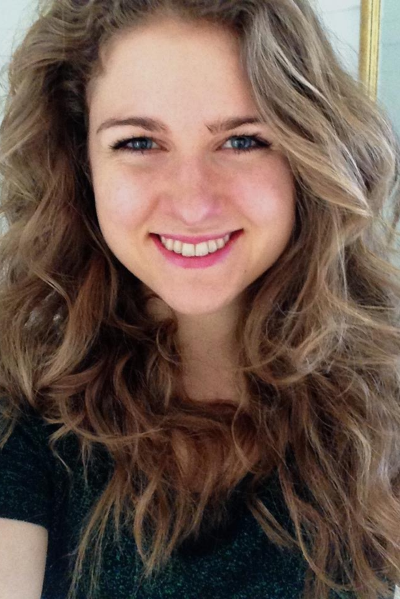
Charlotte Lund Rasmussen
National Research Centre for the Working Environment, Copenhagen
Charlotte Lund Rasmussen has a background in Public Health from Copenhagen University, Denmark, and is currently a PhD-student at the National Research Centre for the Working Environment, Copenhagen, Denmark, and thus an interdisciplinary approach to her research by combing occupational and public health. Charlotte’s main research interest is social inequalities in physical behaviours at work and leisure and health. The aim of her PhD project is to investigate how high levels of physical activities at work might hinder an active leisure among low socioeconomic adults. She loves to work on novel, advanced statistical methods and has obtained expertise in developing statistical models used for compositional data analysis, where she has been responsible for running international and national training workshops.
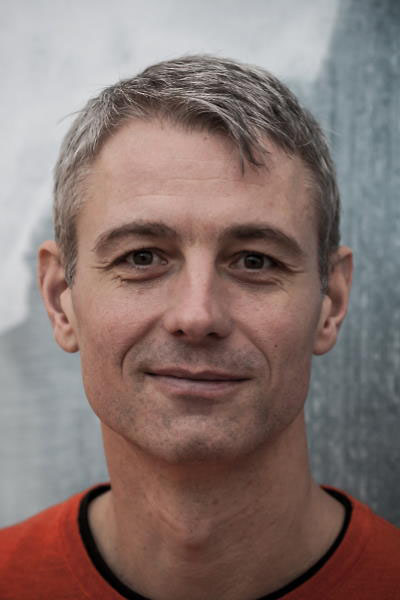
Örjan Ekblom
Swedish School of Sports and Health Sciences
Exercise physiologist and epidemiologist. Associate professor at the Swedish School of Sports and Health Sciences. Mainly focusing on physical activity pattern and aerobic fitness in relation to vascular and mental health aspects in both acute interventions and large scale epidemiological surveys.
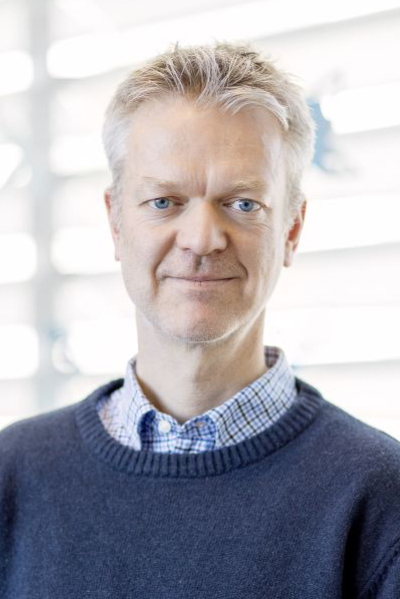
Paul Jarle Mork
Norwegian University of Science and Technology (NTNU)
Paul Jarle Mork is Professor at the Department of Public Health and Nursing, Faculty of Medicine and Health Sciences, Norwegian University of Science and Technology (NTNU). He is the principal investigator (PI) and leader of the objective measurements of physical activity in the fourth round of the Nord-Trøndelag Health Study (The HUNT Study). He is also coordinator for the EU funded project selfBACK, which focus on developing a decision support system that utilises artificial intelligence for personalised support of self-management of low back pain. Mork is also NTNU’s PI in the EU project Back-UP that aims to develop a digital platform for improving diagnosis and treatment of neck- and low back pain. His main topics of research encompass the influence of physical behaviour and lifestyle factors on health with special focus on musculoskeletal disorders, prevention and rehabilitation of musculoskeletal disorders, and mHealth solutions to support management of musculoskeletal disorders.
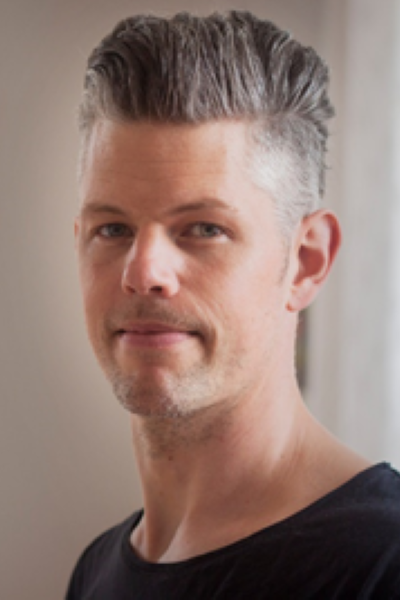
David Hallman
University of Gävle, Sweden
David Hallman is an associate professor in Occupational Health Science at the University of Gävle, Sweden. He took his PhD in medicine 2013 at Uppsala University on the topic physical activity and stress in people with chronic pain. Dr. Hallman conducts research on physical activity and occupational health, including outcomes such as sick leave, musculoskeletal pain, and cardiovascular function. The goal is to identify healthy patterns of physical activity at work and outside work – to improve work environment, health and the ability to work across different occupational groups.
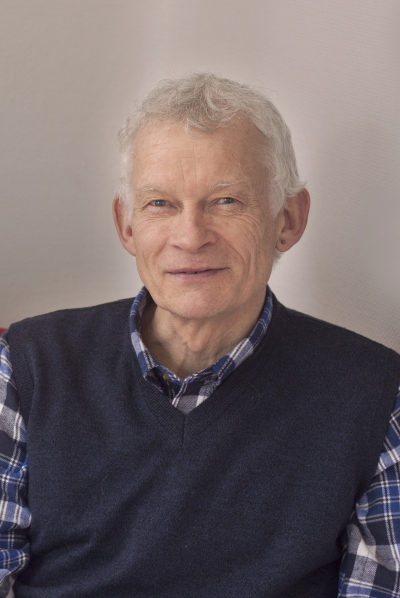
Svend Erik Mathiassen
University of Gävle, Sweden
Svend Erik Mathiassen is professor, research director at the Department of Occupational Health Sciences and Psychology at the University of Gävle, Sweden, and coordinator of the national Centre of Excellence The Body at Work – from Problem to Potential. He holds a master in exercise physiology from Copenhagen University, and a PhD in occupational physiology from Karolinska Institutet in Stockholm. His major research interests focus on issues related to variation in physical load: how to measure and quantify variation; effects of different types of variation on performance, fatigue and disorders; and initiatives in working life promoting or supressing variation. Thus, he has directed or participated in several projects devoted to measuring, analysing and interpreting physical workload in different occupations, including office workers, shop assistants, laundry workers, flight baggage handlers, hairdressers, and paper mill workers. He has also engaged in studies of motor variability as a source of variation, as well as in retrieval and interpretation of data on exposure variability in the context of identifying cost-efficient strategies for assessing occupational exposure.
